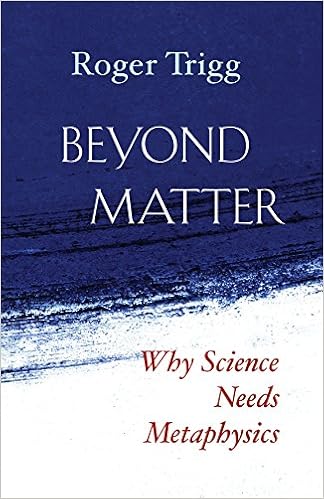 Question: Isn’t most scientism just popular culture in a lab coat?
Question: Isn’t most scientism just popular culture in a lab coat?
That is, would one find a greater proportion of true believers in scientism at a meeting of Nobelists or at a science media writers convention? Worth someone’s while finding out, surely.
From Evolution News & Views, quoting Oxford philosopher Roger Trigg’s forthcoming “Why Science Needs Metaphysics,”
There is such a thing as scientific progress, and it happens through systematic trial and error or, in Karl Popper’s terminology, conjecture and refutation. A “scientific realist” has to be wary, though, about how such realism is defined. A realism that makes reality what contemporary science says it is links reality logically to the human minds of the present day. Science is then just a human product, rooted in time and place. Bringing in future science — or ideal science — may sound more plausible, but even then there is a distinction between science reflecting (or corresponding to) the nature of reality and it being simply a human construction. Once the logical independence of reality from science is accepted, the question is why reality has a character that enables it to be understood scientifically. The intelligibility and intrinsic rationality of reality cannot be taken for granted. Even the greatest scientists, such as Einstein, have seen that the intelligibility of the world is a mystery.
True. One response might be to doubt that we are in a position to determine if the world is intelligible. Sure, there’s a reality out there, kid, but science gets lost in the neuronal buzz in our brains. Or that our brains were shaped fitness, not for truth. Some would be quite happy to throw coherence out with the trash, along with design.
= Kilroy was here, rather than Einstein was right (or wrong).
See also: Philosopher Ed Feser on physicist Larry Krauss. Feser thinks Krauss should just shut up about philosophy and religion, for the same reasons he himself does not dispense opinions freely about the Large Hadron Collider.
But the devotees of scientism must, by definition, know or be within grasp of the answers to everything. So nothing in them warns them …
Follow UD News at Twitter!